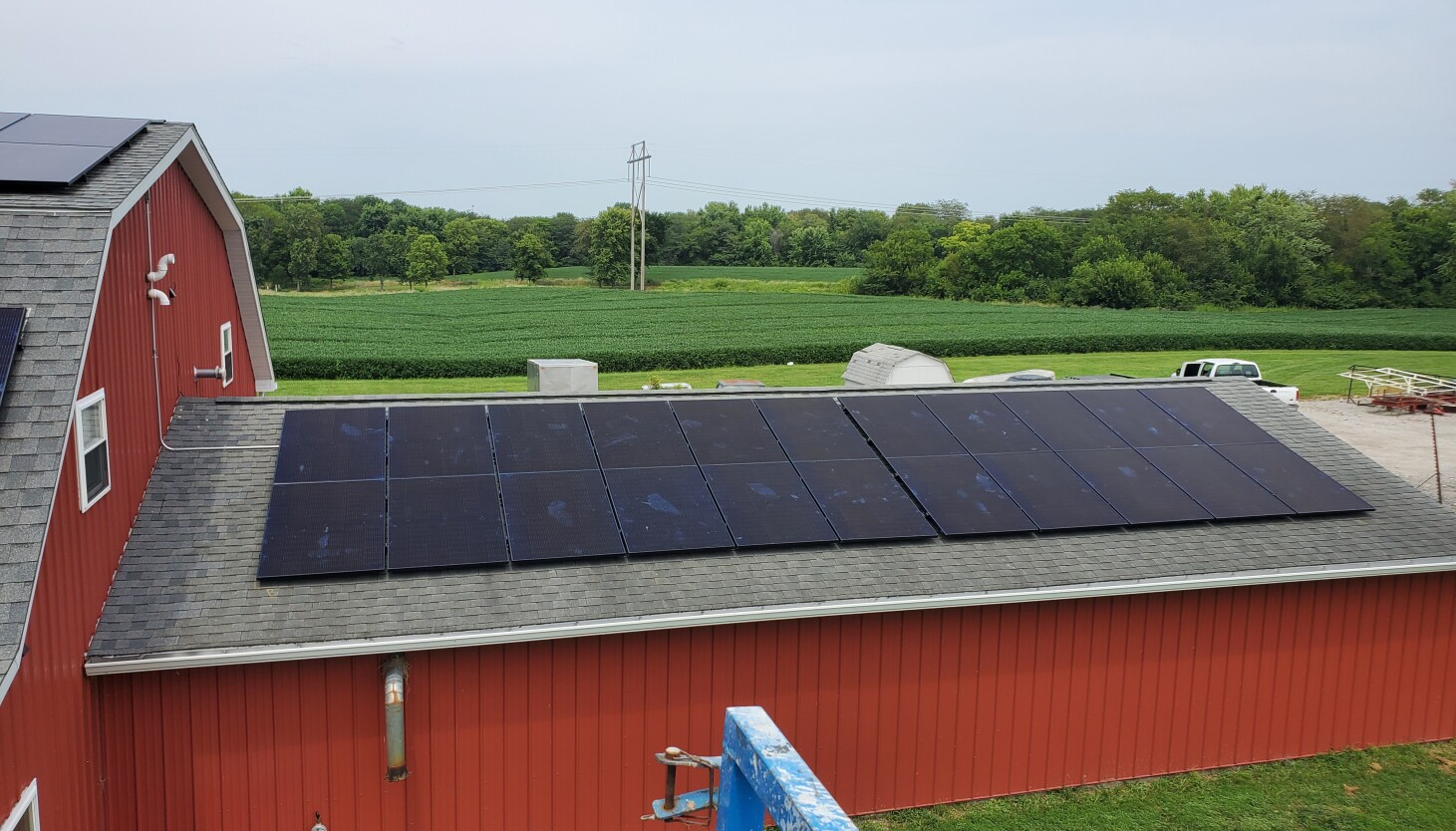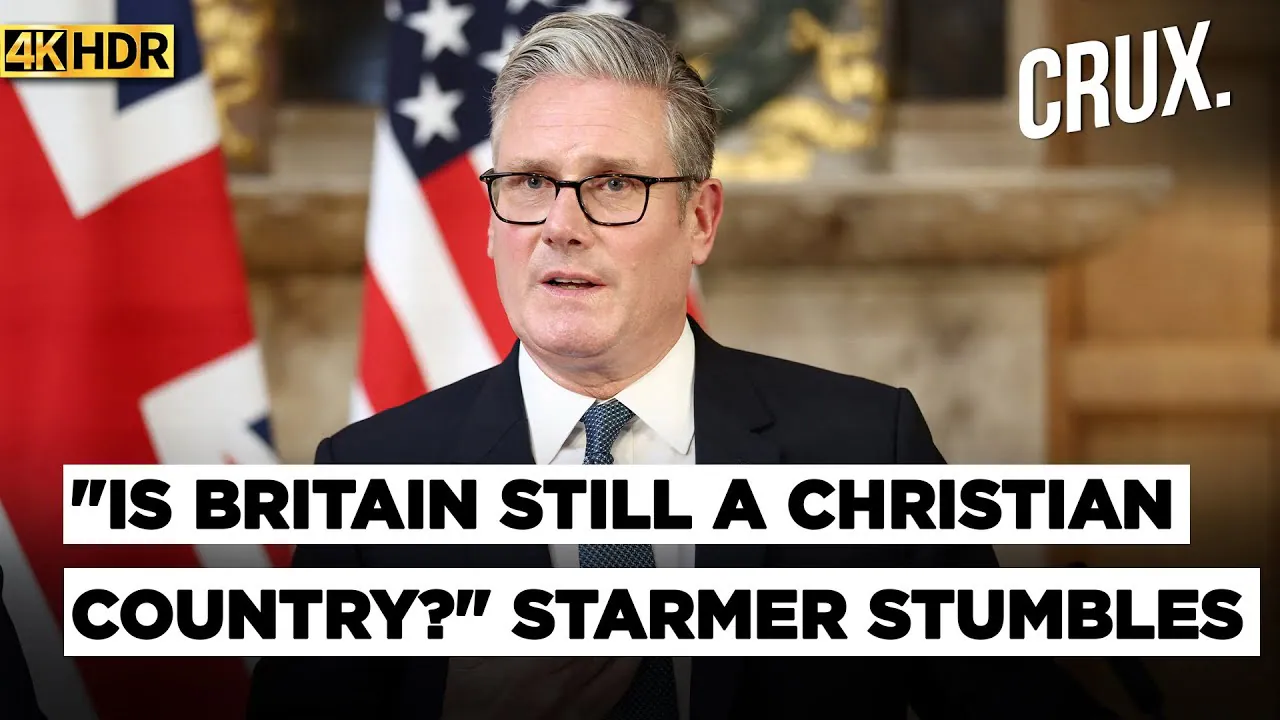
At the start of 2024, clean energy was projected to be one of the fastest-growing parts of the U.S. economy. But new federal policies threaten the growth of clean energy jobs and the country’s economic health, said a new report from E2, a Washington, D.C.,-based nonpartisan business group.
In 2024, Illinois ranked 10th in the nation for clean energy jobs with 132,239 across sectors, such as solar, electric vehicles, wind, battery storage and biofuels, E2 said. The state had nearly 10,000 wind energy jobs, second only to Texas. Since 2020, clean energy jobs in Illinois have grown more than 15%.
But new federal policies that revoke clean energy incentives, cancel permits and add red tape puts the sector’s growth “at serious risk,” according to E2’s report released last week.
“Short-sighted policies are now threatening the nation’s overall economic health. In the first half of 2025 alone, companies canceled or closed more than $22 billion in major clean energy related factories and projects in America, and with it, eliminated 16,500 previously announced jobs,” E2 said. The group has tracked nationwide employment across the clean energy sector since 2015.
Because of President Donald Trump’s tax and spending bill, signed into law on July 4, more than 830,000 clean energy jobs nationwide could be lost by 2030, according to analysis by think tank Energy Innovation cited in E2’s report.
Forecasts after the passage of the One Big Beautiful Bill show the U.S. is on track to lose up to 55 gigawatts of solar by 2030. That includes a 14% collapse in Illinois, the nation’s 10th largest solar market, according to a September report from the Solar Energy Industries Association.
“Instead of unleashing this American economic engine, the Trump administration is deliberately stifling investment,” SEIA president Abigail Ross Hopper said in a news release.
The association’s report found 77% of all solar energy capacity installed this year has been built in states won by Trump, including Texas, Indiana, Arizona, Florida, Ohio, Missouri, Kentucky and Arkansas.
New policies “aggressively” wind down long-standing tax credits for electric vehicles, solar, wind and energy efficiency that were a big driver of projects, said Micaela Preskill, E2’s director of state advocacy.
Illinois clean energy companies
Springfield-based company WindSolarUSA works with solar and wind energy and other technologies. In 2024, it had its best sales year ever, followed by its worst sales from January 2025 through July.
WindSolarUSA owner Michelle Knox said that was “likely a result of all of the chaos being caused at the federal level and the uncertainty that consumers were feeling in terms of making a major purchase like solar.”
New policies will cut a 30% federal tax credit for residential solar by the end of the year.
And for commercial solar projects to be eligible for the 30% tax credit, construction must start by July 4, 2026, or start operating by the end of 2027.
“Now the issue is product availability as everyone scrambles to procure products for projects based on a limited supply chain,” Knox said.
But the long-term outlook for clean energy has dimmed. Knox founded WindSolarUSA in 2008 and was hoping to retire this year. In January, her company was valued at $1.8 million; in July, its valuation plummeted to $450,000.
“I’ve devoted 17 years of my life to this industry and my business only to find as I approach the golden hour that — due to no fault of my own — my business valuation dropped 75% in seven months and my plans for retirement have to be reevaluated,” Knox said.
Green Home Experts, based in Lyons, assembles energy efficiency kits for school programs and community groups. Kits include items such as LED lights, power strips and showerheads.
The company has been less affected by new policies but is struggling with tariffs.
“Across the industry, there are no American-made alternatives for the products we distribute,” owner Maria Onesto Moran said.
Energy efficiency products have increased in price so Green Home Experts customers have cut orders by about 30%. “We expect revenue to decline by 15% to 20% this year, compared to last year,” Moran said.
Green Home Experts has been forced to cut hours among its nearly two dozen workers, many of whom have special needs. “This is affecting our most vulnerable employees who also have a hard time finding alternatives for employment,” she said.
New policies have also dampened business at Trajectory Energy Partners, a solar developer based in Highland Park. Yet Jon Carson, Trajectory’s managing partner, said Illinois is well-positioned to keep moving forward with clean energy.
“Illinois has the best clean energy laws of any state in the U.S.,” he said, citing the Climate and Equitable Jobs Act, which set a goal to fuel the state entirely by clean energy by 2050.
“In the medium- and longer-term, Illinois electricity customers will see lower prices because it will be ahead of other states on transitioning to clean, reliable energy,” Carson said.



